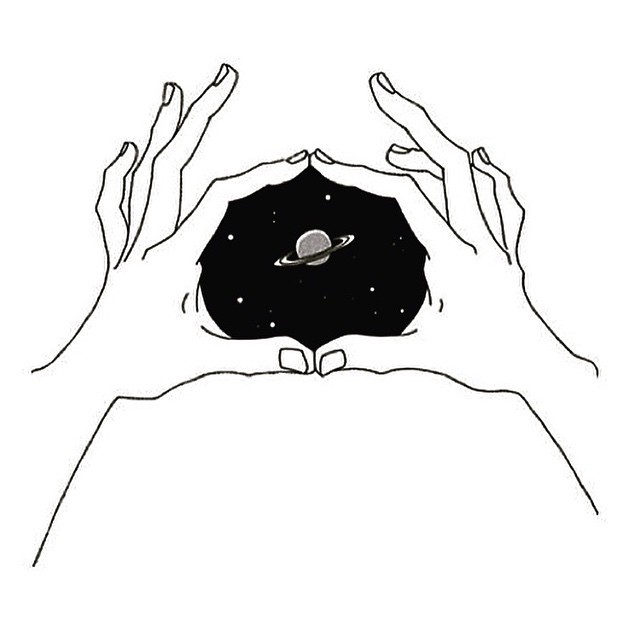When I went to Las Vegas in 2010, that was my first time being exposed to the homeless. I’ve never been to a city area before (even though I live 20 minutes away from Detroit) and I guess I never really saw someone who was homeless before that day in Vegas when we were walking back to our hotel room and there were several people sitting along the sidewalk with signs saying they were hungry and that their children were cold. I will admit, it was very scary to see at the time and I thought that this wasn’t something that was very common. That poverty isn’t as big of an issue as it actually is. However, now that I’m older and actually understand how bad poverty is in America, I’ve started to notice it more and more. In 2017, there were roughly 39.7 million people in poverty. The poverty rate in 2017 was 12.3%, and that was down 0.4% as compared to 2016 (United States Census Bureau). In 2010, there was an estimated 46.2 million in poverty (Stephanie Pappas, US 2010 Poverty Rate). As you can see from these percentages, we have improved, but not enough.

I think that before, in 2010, I just didn’t understand what it meant to be homeless or in poverty because my parents sheltered me from it. My father even admits to it. He works in Detroit, but more of the run-down areas, and he says he could never imagine even driving though those areas with me there because of what he sees on a day-to-day basis. This brings me to Kozol’s Amazing Grace. In the book, Kozol goes through the South Bronx and explains his observations as he talks to the people and looks around his setting. It was a real eye-opener for me when I first read it as to I don’t see things that were described in the book very often in my everyday life. And the fact that Kozol’s main focus is how the children live their lives in the South Bronx just makes it more impactful for me, because I’m only 18. It wasn’t all that long ago that I was 12 years old. It wasn’t that long ago that I was going through childhood, and reflecting back upon it, I had a good one, but the kids Kozol describes are going through things that no child should ever have to go through.
“He speaks of people who, he says, ‘go like this,’ cupping his hands over his face and making the sound of sniffing. ‘What are the sniffing?’ ‘Something called cocaine, I think. A kind of chemical… ‘Then, in the alleys sometimes, you see addicts with their needles and the rope around their arm. It looks like a bracelet. If they see me, they say, ‘Go away!’” (Kozol 97). This is a quote from Kozol’s Amazing Grace, and keep in mind he is talking to a 12-year-old boy. This is normal stuff for him, same for the rest of the kids in the South Bronx. They see these things and think it’s normal since their so used to seeing this, and honestly I never knew about this issue until I read the book. Granted, this book was written in 1995 but in 2016, 40% of children are below the poverty level (City Data). Not on the brink of poverty, but below the poverty line.







